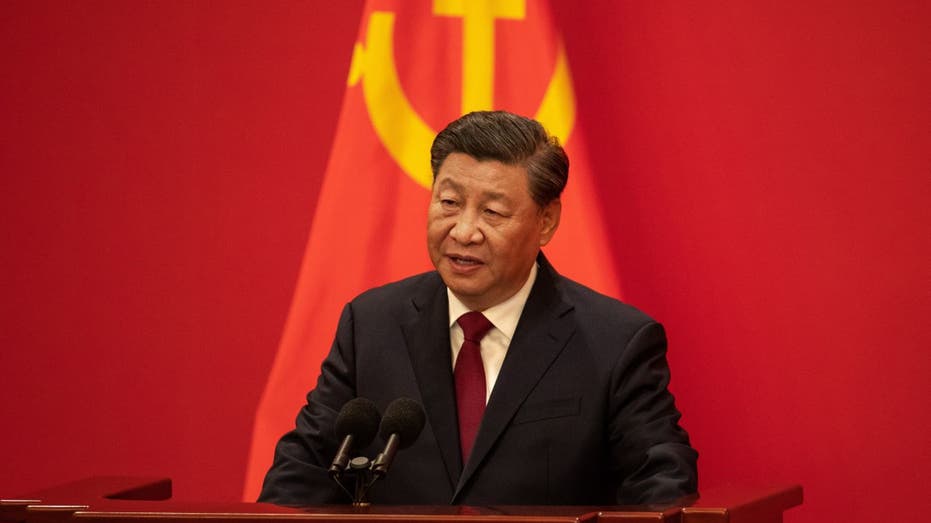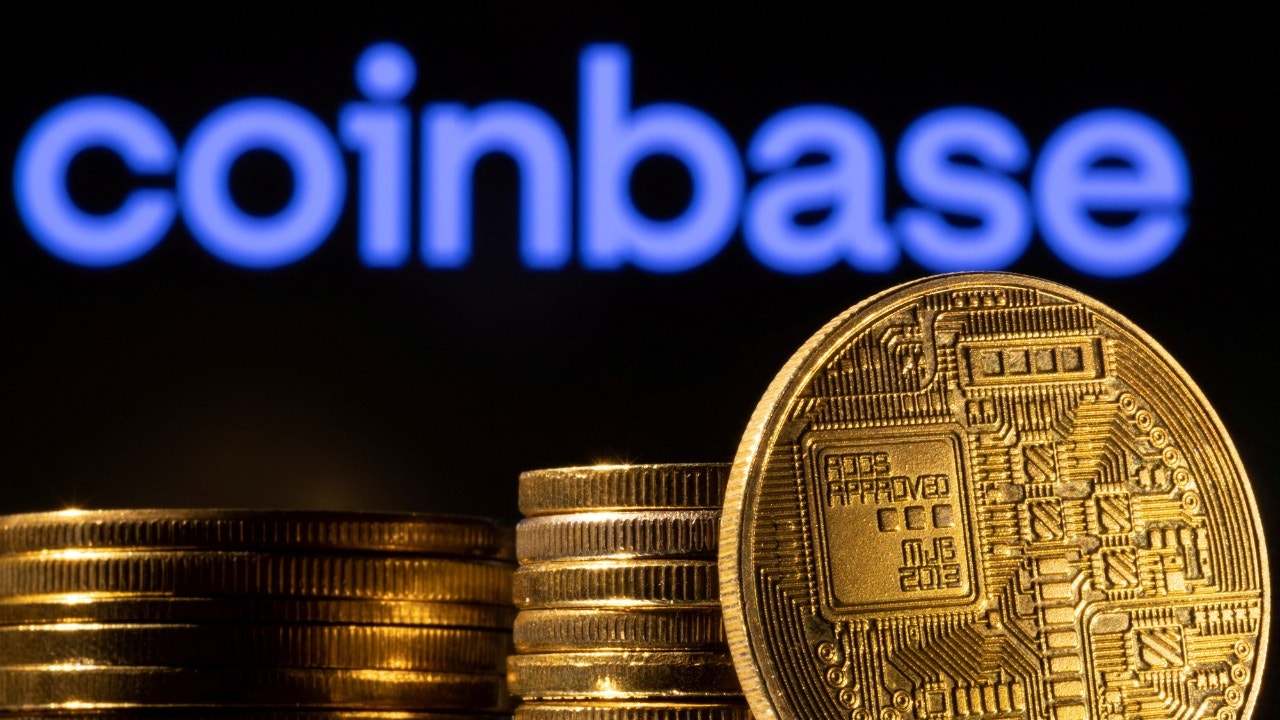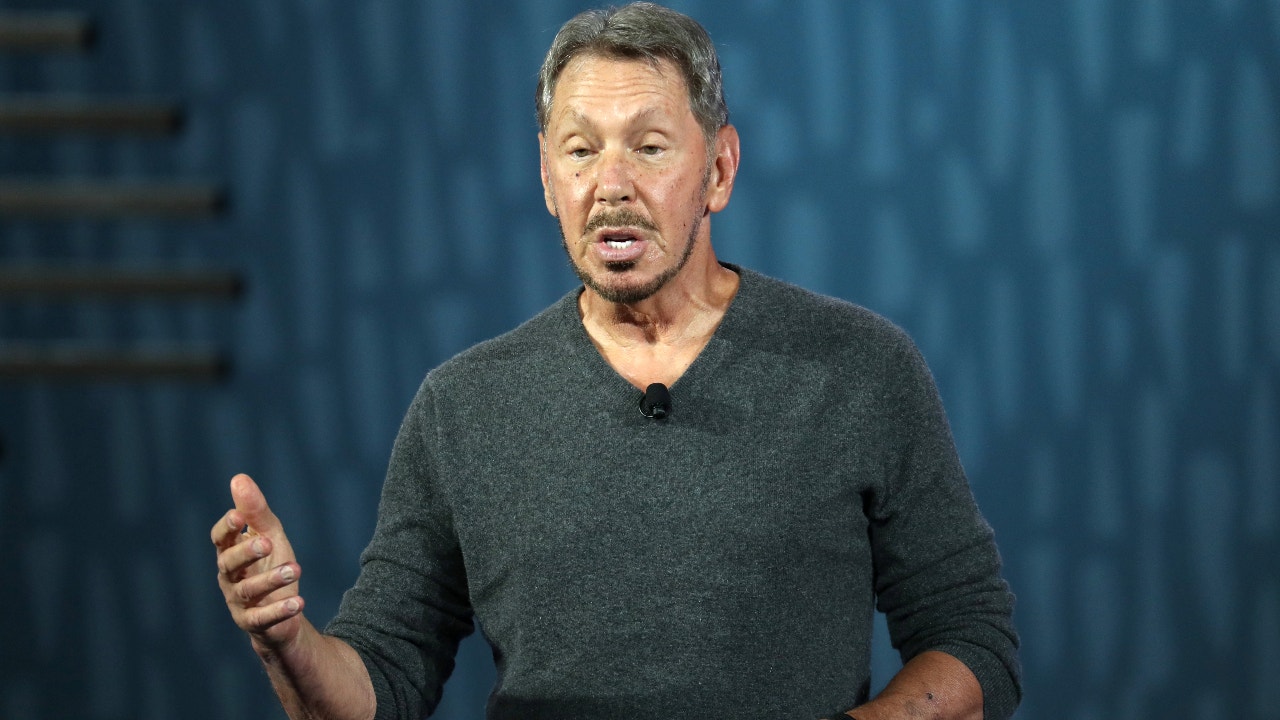Billions in American public pension funds have flowed into China over the last few years, a concerning trend for some experts who have noted the growing tensions between the U.S. and Beijing.
A report by Future Union, a bipartisan nonprofit, found that U.S. public pension funds have invested over $68 billion in China since 2020, despite worsening relations between the two countries during the same period.
The report, which was obtained by the New York Post, found that 56 of the 74 largest American pension funds have put money into the Chinese market during the span, with the report noting that the money has contributed to the “technological advancement of China.”
CHINA PRESSURES IRAN TO REIN IN HOUTHI ATTACKS IN RED SEA OR RISK HARMING BUSINESS RELATIONS: REPORT
“In the past 12 months, 24 investments alone have been made [into venture capital and private equity funds in China,] which should be acknowledged as support for the technological advancement of China,” the report said. “Our research indicates four of the largest US public pensions have invested in China in the last few months.”
One of the largest funds investing in China is the New York State Common Retirement Fund, the report found, which has invested more than $8.3 million in the Chinese market. Other top public pension funds have also invested billions, including the California Public Employees Retirement System, the California State Teachers System, the Washington State Investment Board, San Francisco Employees Retirement System and the Pennsylvania Public School Employees Retirement System, which have all invested between $3.2 billion and $7.86 billion in China.
All told, U.S. public pension funds have invested more than $73.28 billion in China.
Future Union Executive Director Andrew King told the New York Post the trend of pouring money into China is concerning, most notably as a result of the national security threat posed by China.
“The threat posed by China to America’s national security is clear, yet the managers of our retirees’ pensions and university endowments continue to feign ignorance and rue accountability, undermining America’s national interests,” King said. “That must end now.”

ELON MUSK SAYS CHINESE EV COMPANIES WILL ‘DEMOLISH’ COMPETITION WITHOUT TARIFFS
While King noted that he does not accuse money managers of “intentionally backing China over the U.S.,” he argued that the funds leaders have “taken the path of least resistance in preserving optionality instead of demonstrating true leadership and doing what’s right instead of what’s easy.”
“They’re making investments in startups that are competing against us and democratically aligned countries with a rigged system where the [CCP] members basically put the thumbs on the scale of who wins, and so obviously returns are better,” King said. “The fact is [investors] run portfolios, they want diversification and frankly, if the returns are good in China, they’re going to invest in try it out.”
However, Dr. Ryan M. Yonk, an economist with the American Institute for Economic Research, argued that pension funds investing in China and even Hong Kong-based firms is not a surprising fact given how well those markets have performed historically.
“Increasingly national security objections to investment in the Chinese market have been raised in response to the heightened tensions between the U.S. and China and a desire in some circles to use regulation of investment as a foreign policy tool,” Yonk told Fox News Digital. “Future Union, which is the source of the report, is among those that have this explicit desire to draft pension funds like those listed to their preferred policy outcomes.”

HOW TENSIONS IN THE MIDDLE EAST COULD IMPACT GLOBAL SHIPPING
Yonk pointed out that such attempts to prevent the investments could “potentially leave beneficiaries worse off as a result.”
“While concerns about Chinese interference in markets, failure to protect Intellectual Property, and corporate espionage are real policy issues that should be addressed, pension funds have fiduciary responsibilities to balance risk and reward within their portfolios in an attempt to maximize the return and guarantee the ability to pay the pension obligations,” Yonk said. “The investments listed in each case are part of diversified portfolios that invest across sectors and regions.”
Yonk also noted that despite claims that China’s manipulation of markets can guarantee better returns for those who invest, Chinese markets have a more pessimistic long-term economic outlook.
“As a result, investments have become less attractive, and pension funds and other institutional investors alter their investment strategy and reduce their holdings in China,” Yonk said. “Attempts to use public policy to limit the ability of Public Pension systems to invest internationally makes the risk reward calculation more difficult and may leave opportunities for returns unrealized which can ultimately harm the workers to whom the funds owe a duty.”













